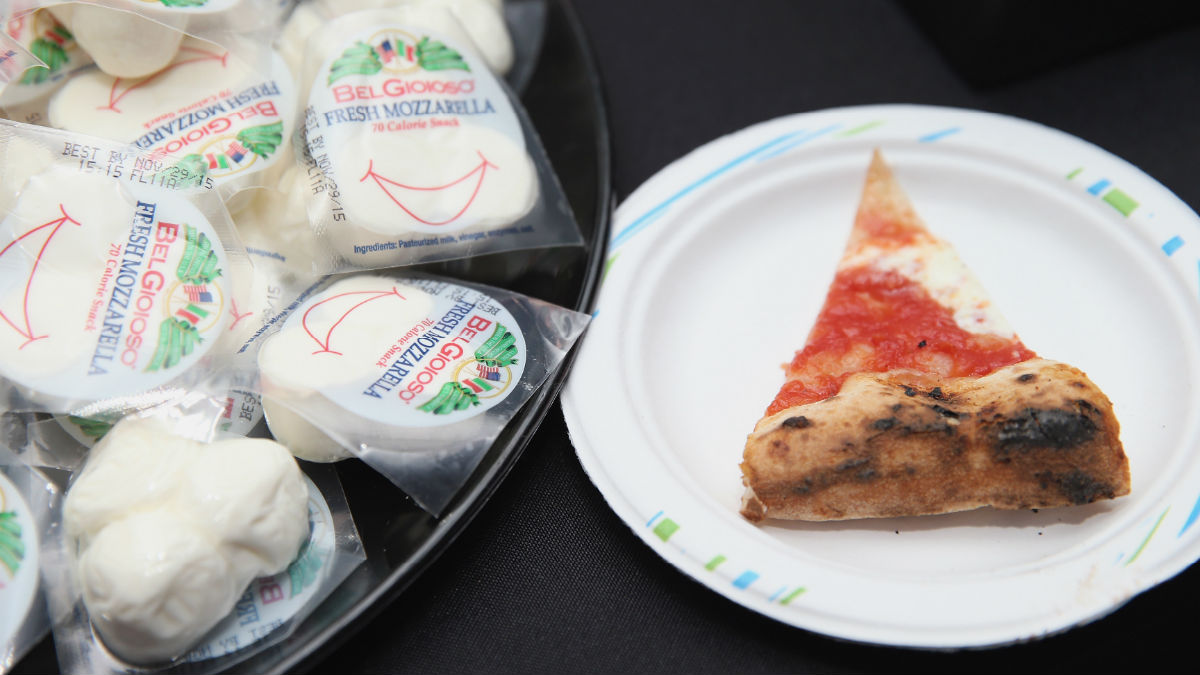'Dairy crack': cheese as addictive as drugs, study shows
Processed foods much more likely to be addictive, with cheese chief among them

A free daily email with the biggest news stories of the day – and the best features from TheWeek.com
You are now subscribed
Your newsletter sign-up was successful
Cheese is highly addictive, according to a new study from the University of Michigan, which goes some way to explain why it is so popular.
Researchers used the Yale Food Addiction scale in order to compile a list of the most addictive foods and, by analysing 500 entries from students, they found that pizza topped the ranks. It turns out that, apart from the general consensus that pizza is delicious, there's also a science-based reason behind its success.
The study pointed towards processing as the key behind the addiction: the more a food is processed, the more addictive it is. For example, foods such as salmon or brown rice are not processed, says news site Mic, and thus, are not associated with addictive eating behaviours.
The Week
Escape your echo chamber. Get the facts behind the news, plus analysis from multiple perspectives.

Sign up for The Week's Free Newsletters
From our morning news briefing to a weekly Good News Newsletter, get the best of The Week delivered directly to your inbox.
From our morning news briefing to a weekly Good News Newsletter, get the best of The Week delivered directly to your inbox.
On the other hand, processed goodies such as French fries, crisps and cheese are highly addictive. Cheese contains a protein called casein, which exists in tiny quantities in all milk products. However, producing a kilogram of hard cheese can require around 10 litres of milk, so larger quantities are incorporated in the final product.
When we digest cheese, casomorphins are formed, a sub-class of opiates, which "really play with the dopamine receptors and trigger that addictive element", dietitian Cameron Wells told Mic. That means our cheese-craving is similar to addictions to drugs or alcohol, with the same pleasure receptors activated.
Dr Neal Barnard of the Physicians Committee for Responsible Medicine says "casomorphins attach to the brain's opiate receptors to cause a calming effect in much the same way heroin and morphine do. In fact, since cheese is processed to express out all the liquid, it's an incredibly concentrated source of casomorphins – you might call it dairy crack."
In Britain, 98 per cent of households buy cheese, with 700,000 tonnes consumed each year in restaurants, homes and food processing, the equivalent of around 10kg per person per year.
A free daily email with the biggest news stories of the day – and the best features from TheWeek.com